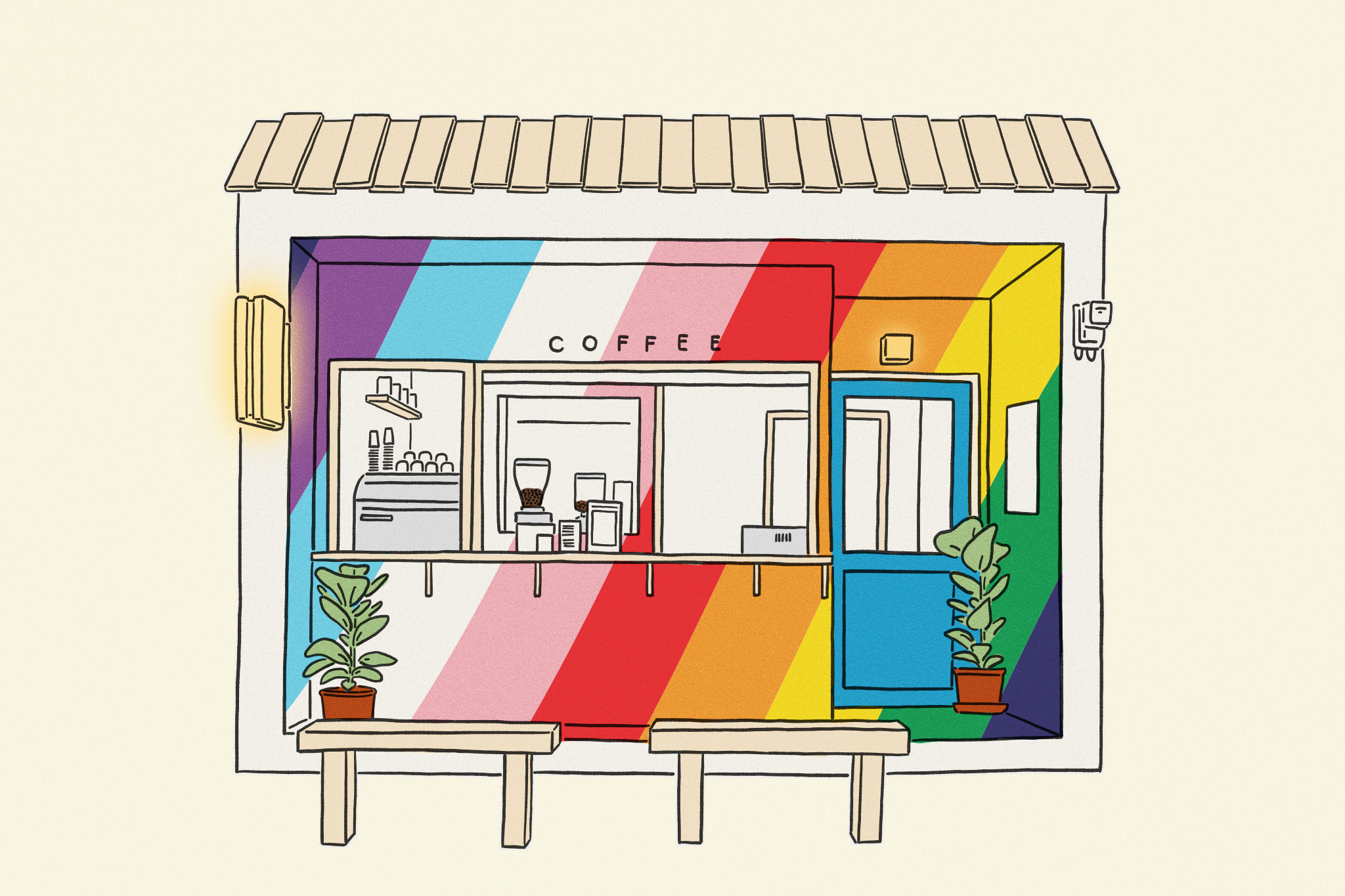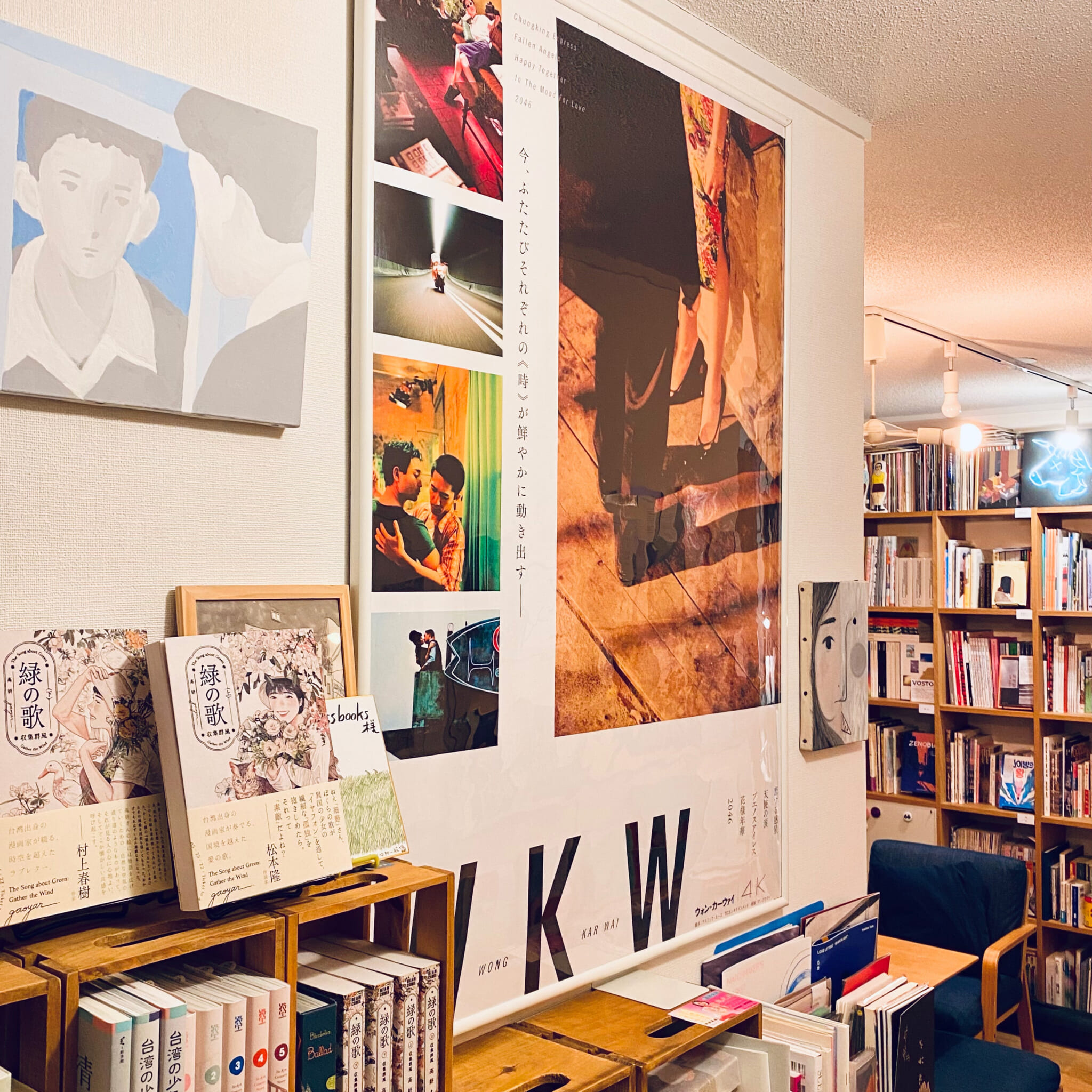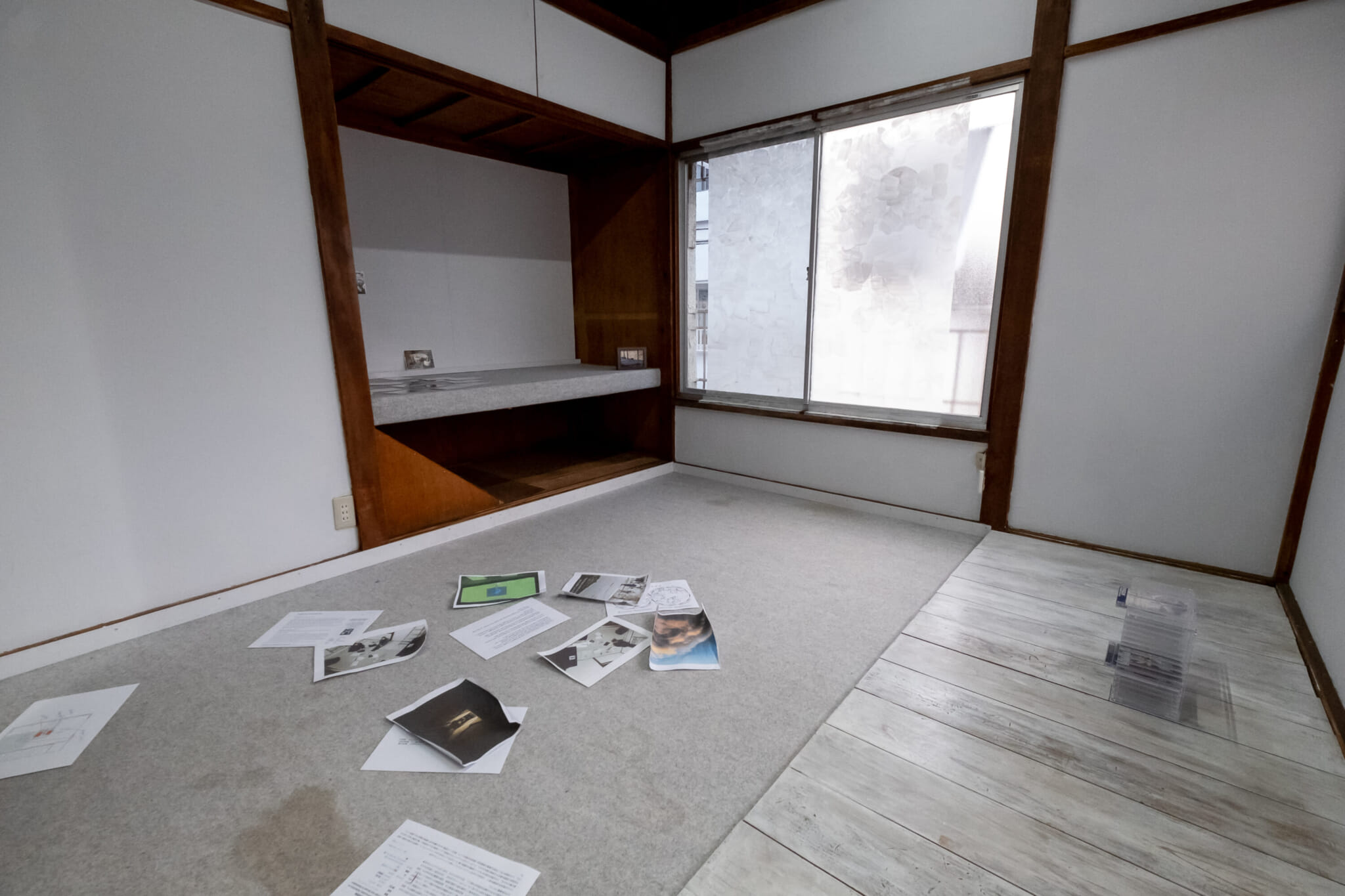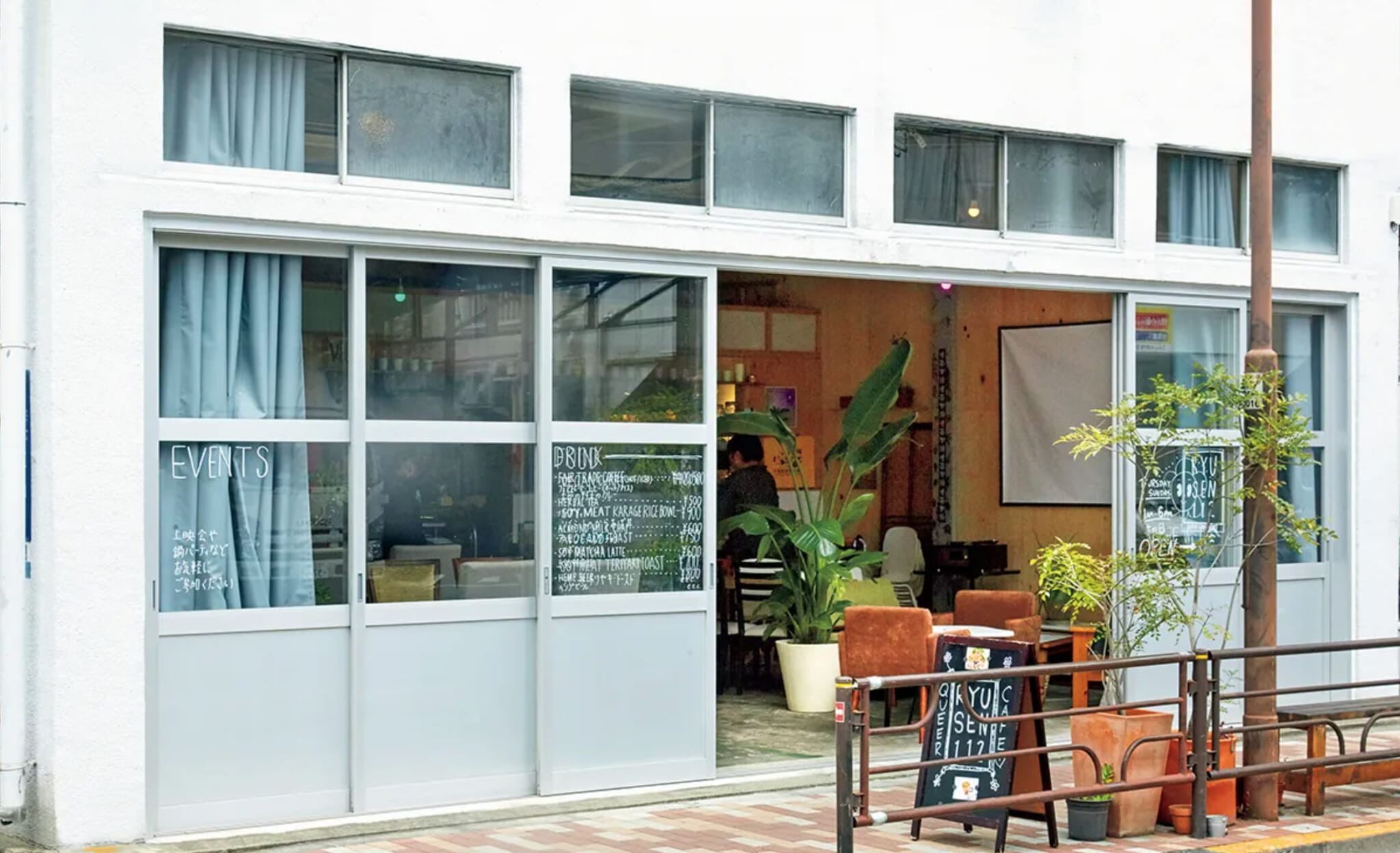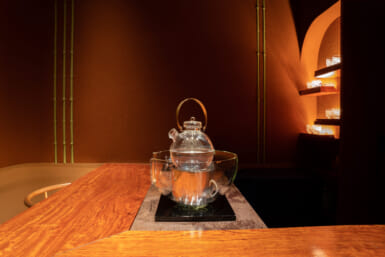Japan’s queer scene is getting bolder and breaking away from its former constraints of Shinjuku. Spreading out into the big city, loud, proud, the community is growing by the day. Whether you live in Tokyo or are just visiting as a queer person or ally, check out some of the groups below.
Opening times vary, so be sure to check the corresponding sites before making a trip.
Spaces in Tokyo
Art Gallery and Events Space: Datsuijo
Datsuijo is located in a renovated akiya (vacant house) in Yanaka and is run by a collective of curators, researchers, translators and artists. The gallery and events space opened in 2022 and works as a gathering place for social and political discussions promoted through exhibitions and communal events. Datsuijo has also hosted group dinners and movie nights, coinciding with its theme of queer and anti-establishment communality.
The word “datsuijo” refers to the changing area in a traditional Japanese bathhouse. The name pays homage to the famed bathhouse-turned-gallery located close to the venue, while also conveying the mission of Datsuijo, which is to provide an intimate space for discussion. In the words of Catherine Harrington, one of its members, Daitsuijo is “an informal, open space for experiencing art between the private and the public.”
The Datsuijo vibe is casual, with audiences encouraged to relax, share their thoughts and feel a sense of belonging. “We hope for audiences to feel affected, stimulated and become critically engaged or reshaped by artworks and experiences exhibited,” says Harrington.
Café and Restaurant: PQ’s
PQ’s is known for its delicious, Instagrammable vegan curry, as well as its queer-friendly space that promotes gatherings and has a range of books and activist literature on offer. Popular among students and the queer community alike, it features a karaoke night and live music events. Running as a café, it serves vegan and gluten-free baked goods on Wednesdays, with colorful curries and more on offer from Thursday to Sunday.
You might also spot some dogs, who can enjoy the café too thanks to a dog-friendly latte on the menu.
Bookshop: Loneliness Books
The queer, feminist and gender-related online bookstore and library, Loneliness Books, began as a stall at Tokyo Rainbow Pride back in 2019. Owner Yo Katami was inspired by similar stands at pride events in South Korea and Taiwan and had the idea to share Asian queer literature and zines at the Tokyo parade. The stall evolved into Loneliness Books, now run from Katami’s home near Okubo.
Regarding the name, Katami told Tokyo Weekender, “As a queer person myself, I wanted to create a space to accommodate other people like me, to meet other queer people who didn’t fit into the community that was there already.”
The bookstore mainly stocks queer literature in Japanese and English from minority communities in Asia and beyond. Its own publishing arm produces products including Trailer Magazine, a bilingual zine that covers the queer scene around Tokyo. Loneliness Books is available online and the shop is open by appointment, with a weekly popup on Mondays at the queer-run café Tac’s Knot.
Daytime Communities

Iwakan in Kyoto | Photo by Aoto Tokui
Magazine and Queer Platform: Iwakan
The bilingual magazine, Iwakan (stylized as IWAKAN), has been running since 2020. The magazine started as a way to address the lack of representation in the realm of queer content creation in the Tokyo queer scene. Alongside its bi-annual magazine, it also hosts events and a podcast addressing issues such as gender conformity and societal norms in a Japanese context.
“We hope to create spaces for queer people to be free, creative, connect and express themselves in ways that have maybe not been so accessible in Tokyo up to now. Our goal is to connect and to amplify the voices within the community,” the Iwakan team was quoted as saying.
Rather than a back-patting community, this is a place to challenge, debate and provoke ideas into action. Anyone attending the events is given a platform to voice opinions and ideas in a productive manner. Contrasting opinions make for stimulating discussions, helped in part by Iwakan’s open community.
Bilingual Book Club: Neon
Neon Book Club was born at the art space Ugo in Shin-Okubo in 2022. Made up of both Japanese and international members, the book club was started as a way to build up a community to discuss queer and queer-related literature. Each session sees groups split into English and Japanese before converging to exchange thoughts at the end. Members are free to join and move between groups as they wish. Reading the book beforehand is advised but not necessary.
Neon meetings are held every few months in the group’s new home at The Breakfast Club in Nakameguro. In addition to book club meetings, the group has a magazine in the works, featuring contributions from its members.
Co-founder Yoshiyuki Ishikawa says, “Come open-minded, ask each other questions, and we hope you make book friends.”
Tokyo Queer Collective
Tokyo Queer Collective (TQC) is a bilingual events group — soon to be a space — which began as a way to build a strong queer community in Tokyo. According to the collective, the events aim to be “spaces for queer people to meet each other and socialize in spaces that are not centered around alcohol.” TQC also raises funds for mutual aid groups and causes around Tokyo. At previous events, donations have been made to Minna no Gohan, a nonprofit organization that provides meals for homeless people around the city.
The collective is currently recruiting volunteers to help establish its own space, Nam Nam, near Noborito Station.
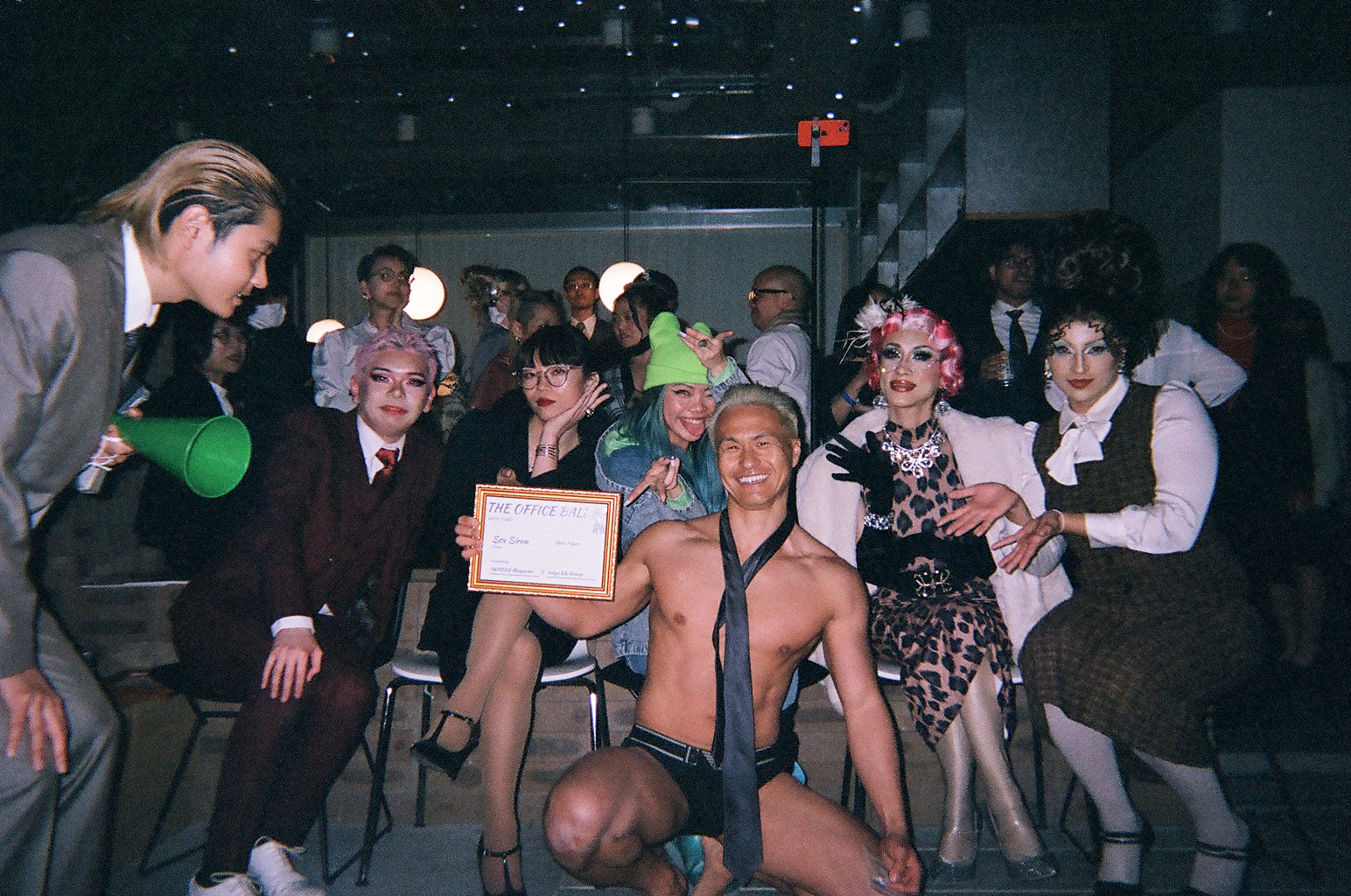
Iwakan x Kiki Lounge Office Ball | Photo by Iwakan
Late-Night Communities
Comedy and Drag: Tokyo Closet Ball
One of the longest-running English language drag shows in Tokyo celebrated its 10th year in 2023. The group champions gender subversive entertainment and since its inception has expanded into the realm of comedy. Hosting a variety of evening and late-night parties, visitors can expect events to be rowdy and fun.
Ballroom: Kiki Lounge
Kiki Lounge is a monthly ball event and voguing community based out of Shinjuku’s Nichome area. There are bilingual commentators and you can also enjoy some pizza. Members of the community are also encouraged to take part in dance competitions. Each month sees a different theme, with levels ranging from beginner to advanced. Contestants are surrounded, cheered and whooped as they prance and pose to pounding music and commentary.
Club Night: Waifu
Waifu is a semi-regular club night that puts inclusivity at the top of its agenda. Latex is encouraged at its late-night events, which are run by a group of dedicated queer people and allies, including DJs and activists. The music is hard. The party is harder.

